Fray Juan (St John of the Cross) neared the man, he saw that he was weeping and that the gray thing he had seen was a donkey.
“Why do you weep, fellow?”, Fray Juan inquired kindly as he came up.
“My donkey Sancho has just died”, the man said through his tears. “He was the only thing I had left in all the world”
“Then you are fortunate indeed'”, Fray Juan said. “For if all that you had in the world is gone, all that remains is God.”
“Do you make fun of me?” the man shouted.
“No indeed”, Fray Juan replied. “I am in earnest. Will you tell me your story?”
The man began to tell the story of a hard life. He had been a soldier, had been taken prisoner by the Turks and had suffered much in captivity. But at last he had escaped. And thanks to the generosity of his captain, he had been able to buy the donkey. He had been on his way to his own village, where he intended to earn his living using the animal as a beast of burden.
“What work did you do as a prisoner? Fray Juan asked.
“Stonemason”, he replied. “We built the Pasha’s palace.”
Without hesitation Fray Juan said, “I can offer you something like that. Help me build a palace. But not for the Pasha, for God.”
“What are you paying?” the man inquired, eyeing Fray Juan dubiously. In his rough serge habit he looked more like a beggar than a friar.
“First I will help you bury your donkey, for it has already begun to stink”, said Fray Juan.
As they had no spade, they began to dig with an iron pike. It had been a hot, dry summer, and the earth was as hard as rock.
“My name is Fray Juan de la Cruz”, he began as they worked. “I am on my way to a place calle Duruelo. I don’t know what I’ll find when I get there. All I know that I am going to Duruelo to build a palace to God and that Providence has put you on this road. For I confess I was beginning to wonder how I was going to build it on my own.”
The man had stopped digging. He was leaning on his spike. It was a hot day, and he was breathing hard. He wiped his forehead with his sleeve, staring at Fray Juan, not quite sure he had heard right.
Fray Juan calmly continued, “I am a Carmelite. The friary I have been sent to Duruelo to found is to be dedicated to the Blessed Virgin Mary, who is our patron saint”
The man’s expression cleared. He began to prod and scrape at the hard earth again.
“Spare your breath, Brother, ” the man said as he worked. “If Our Lady is involved in this, there is nothing more to be said. I am in her debt. And it seems the time has come to settle the score.
Fray Juan listened with great interest to the story of how he owed his life to the Blessed Virgin.
“Take care,” Fray Juan warned, “for Our Lady has a habit of calling in such debts with interest. I will not deceive you. It will be hard work, and I cannot pay you. But I can offer you a place to lay your head at night and peace of mind in the knowledge that you will be doing God’s work.”
Fray Juan’s brother Francisco tells of the Duruelo friary:
For all its simplicity, the place had a charm of its own, tucked in a nook of a rolling valley studded with holm oaks. The friary, which they called “the palace”, was as tidy a piece of work as I ever saw, for the lay brother had some skill in stonework. And bare though the church was, having no more adornment than the figure of Christ, it inspired devotion. How the laborers of those parts marveled to see the transformation they wrought on the old abandoned cottage. Whenever a number of them came together, Fray Juan would preach and then hear confessions. When the church was finished, the friars no longer had to go out and beg for food, for the country tolk would bring it to them. But if they had more than they needed, Fray Juan would not accept their generosity, saying that they must live in poverty. Once we were invited by a laborer to dine at his master’s house. This invitation Fray Juan politely declined. Later he told me he did not accept their charity because he needed no payment or thanks for doing God’s work.
He only accepted bread, and then only if he could not avoid it, for the lay brother made a vegetable garden that provided them with all they needed. My brother used to say that Providence would answer all his needs. But what would have become of him if he hadn’t met that lay brother. Not only was the man a skilled builder, he also had some skill in the cultivation of plants, medicinal herbs and herbs for seasoning food. In all such matters Fray Juan deferred to the lay brother’s greater knowledge, doing his bidding without question in the garden and in other matters unrelated to the soul. Yet my brother always found a way of wedding one to the other. And he would take every opportunity to reflect upon such things to their mutual benefit. Their first crop was garbanzos. As they were threshing them, my brother said how sweet it was to work with these mute little creatures. He saw the hand of God the Creator in everything, even garbanzo beans, and he marveled greatly at it. But still more greatly did I marvel at his words, by which he endeavored to convey how much he loved the simplicity of life in that remote corner, and how little he desired to return to the hurly-burly of the world.
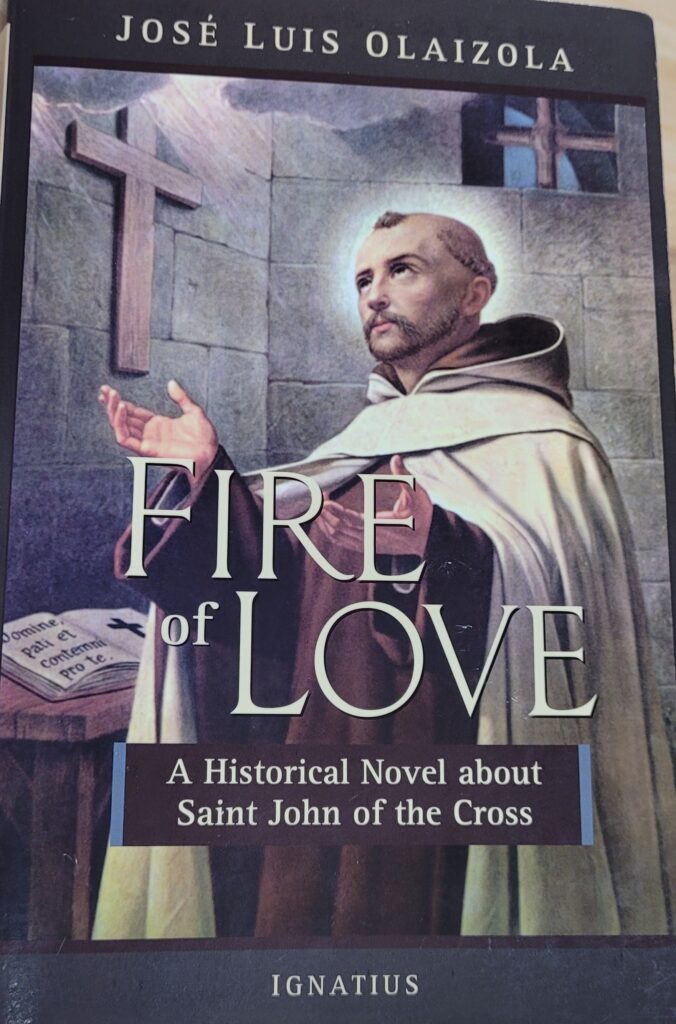


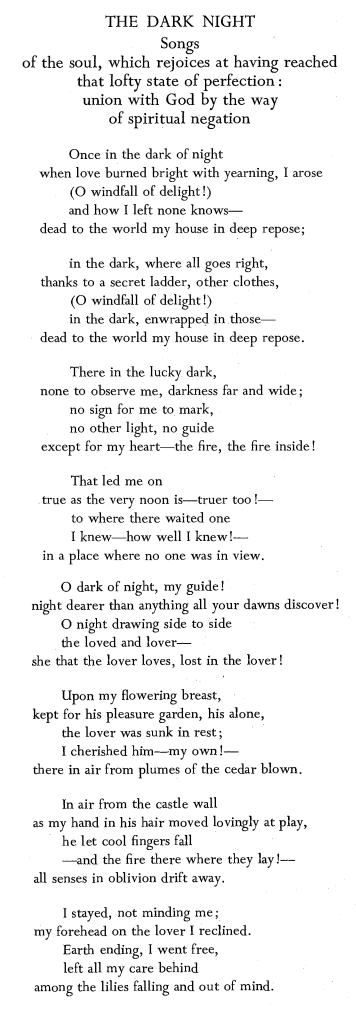
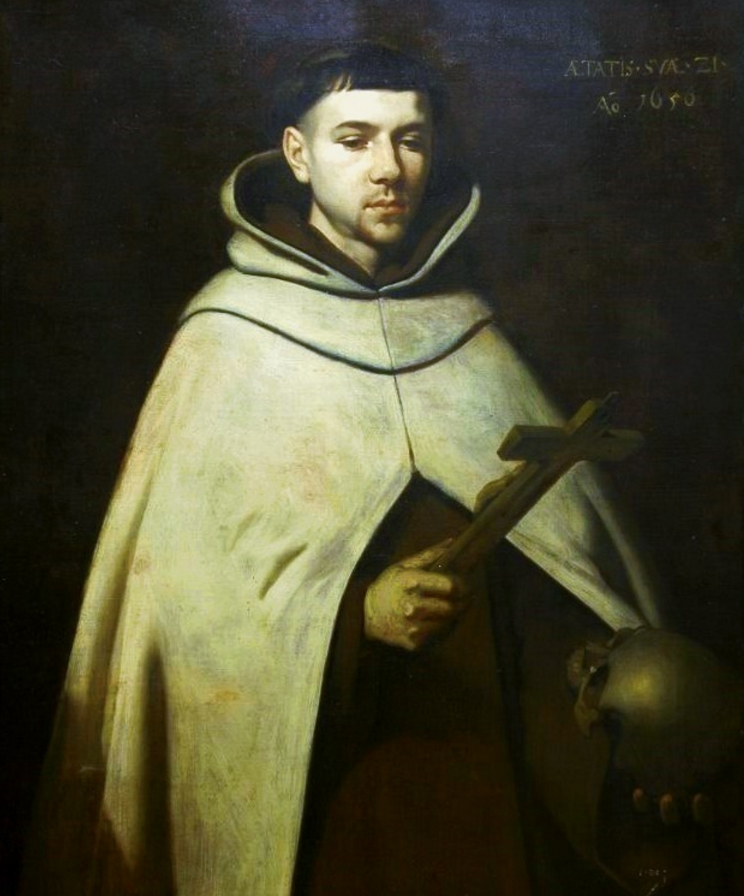
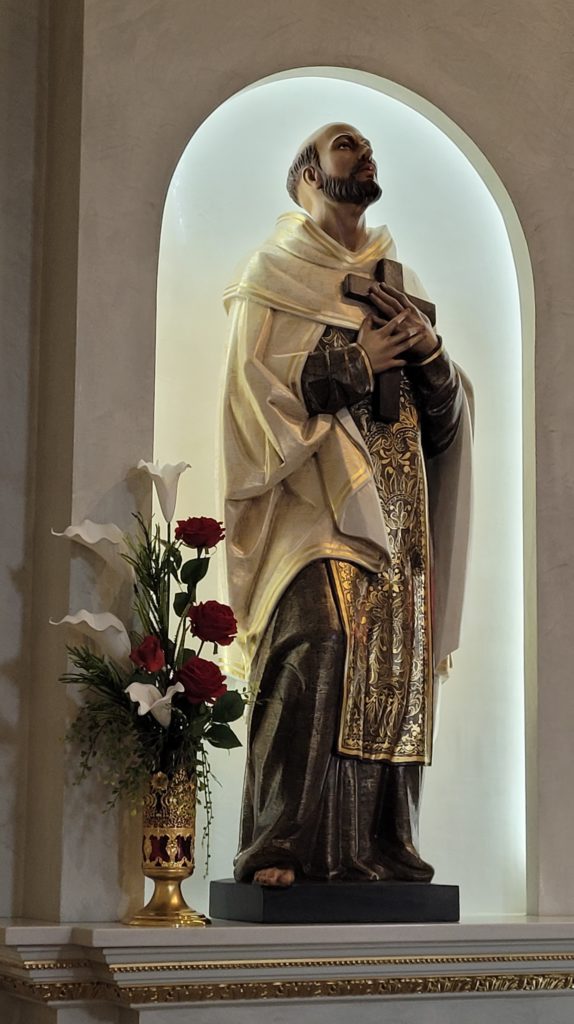
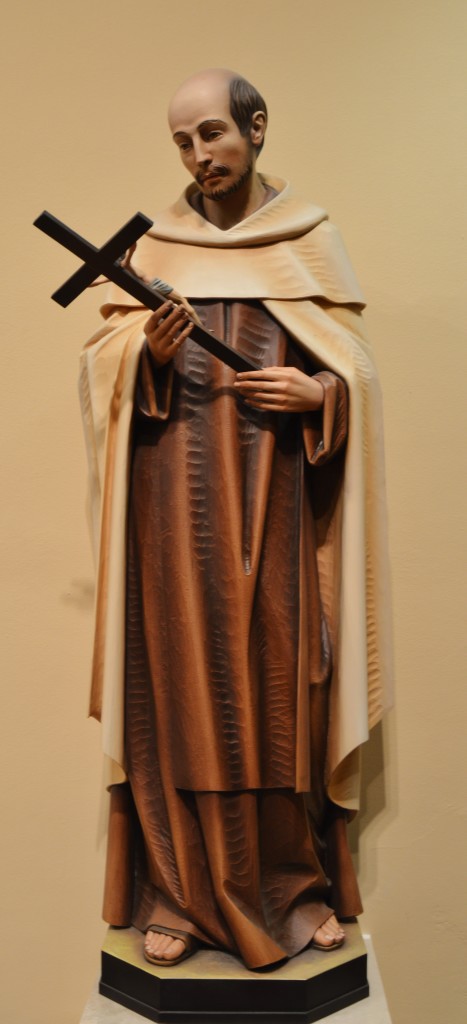
Recent Comments